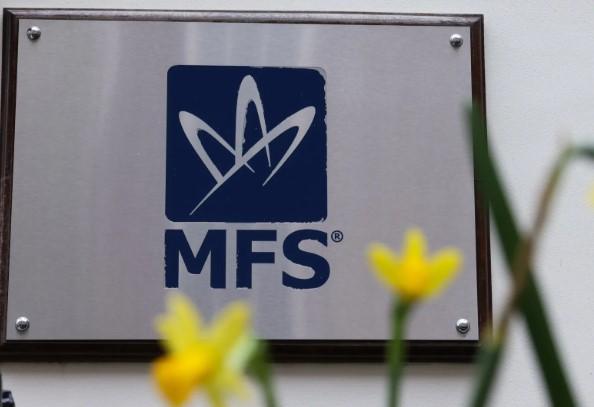The financial stability in Greece faces growing challenges, straining its citizens. Despite a positive trajectory in consumer spending, it heavily relies on people dipping into their bank savings. The Bank of Greece’s report revealing a €3 billion decline in household and business deposits echoes these concerns. This trend highlights the hardships faced by consumers, reinforced by the government’s forecast of a sharp decrease in private consumption from 2.9% in 2023 to 1.3% in 2024.
Difficulties had been apparent for a while. Statistics from Eurostat recently revealed that Greeks had a negative savings rate of 12.7% in 2022, contrasting with the EU’s average positive savings rate of 12.7%.
Throughout the EU in 2022, people saved an average of 12.7% of their disposable income, notably lower than the 16.4% in 2021 and closer to pre-COVID-19 pandemic levels.
Germany (19.9%), the Netherlands (19.4%), and Luxembourg (18.1%) recorded the highest gross savings rates among EU countries in 2022.
Twelve EU countries had savings rates below 10% in 2022, including Greece and Poland, which had negative rates of -4% and -0.8%, respectively. Households in Greece and Poland were spending more than their disposable income, either using accumulated savings from previous periods or borrowing to finance their expenses.
The recent data from ELSTAT on overall savings in the country also shed light on income levels and the struggle to cover daily needs.
According to ELSTAT, overall gross savings in the economy increased to €21.8 billion in 2022 from €16.5 billion in 2021, primarily driven by businesses and the general government, while households showed a decrease in savings by -2.6% of GDP.
A similar trend is projected for 2023, as per the Institute for Economic and Industrial Research (IOBE) October survey. The survey suggests a slight improvement in the savings intention index to -61.7 units (from -63.8). Around 81% of households do not consider savings likely in the next 12 months, while 16% find it possible or highly probable. Relative indices stood at +2.7 units in the EU and +2.6 units in the Eurozone.
In the first 11 months of 2023, Non-Financial Corporations withdrew over €2.3 billion from banks, with total financing flows at €874 million (new loans minus repayments) during that period. This withdrawal was influenced by the aftermath of ten successive interest rate hikes by the European Central Bank. Despite significant increases in loan interest rates, deposit rates remained largely unaffected, with only about a third of the rate hikes estimated to have impacted depositors. Consequently, there were minimal rises in one-day deposits, remaining close to zero.
Regarding deposits, the weighted average interest rate on household and non-financial corporation term deposits averaged 1.5% in the first ten months of 2023, about 140 basis points higher than in the same period of 2022. On the other hand, interest rates on one-day deposits saw a marginal increase of 3 basis points.
In contrast, the weighted average interest rate on corporate loans reached 5.8% in the first ten months of 2023, almost double the average of 3.2% in the same period in 2022. Essentially, the cost of borrowing for businesses almost doubled.
Source: tovima.com









































